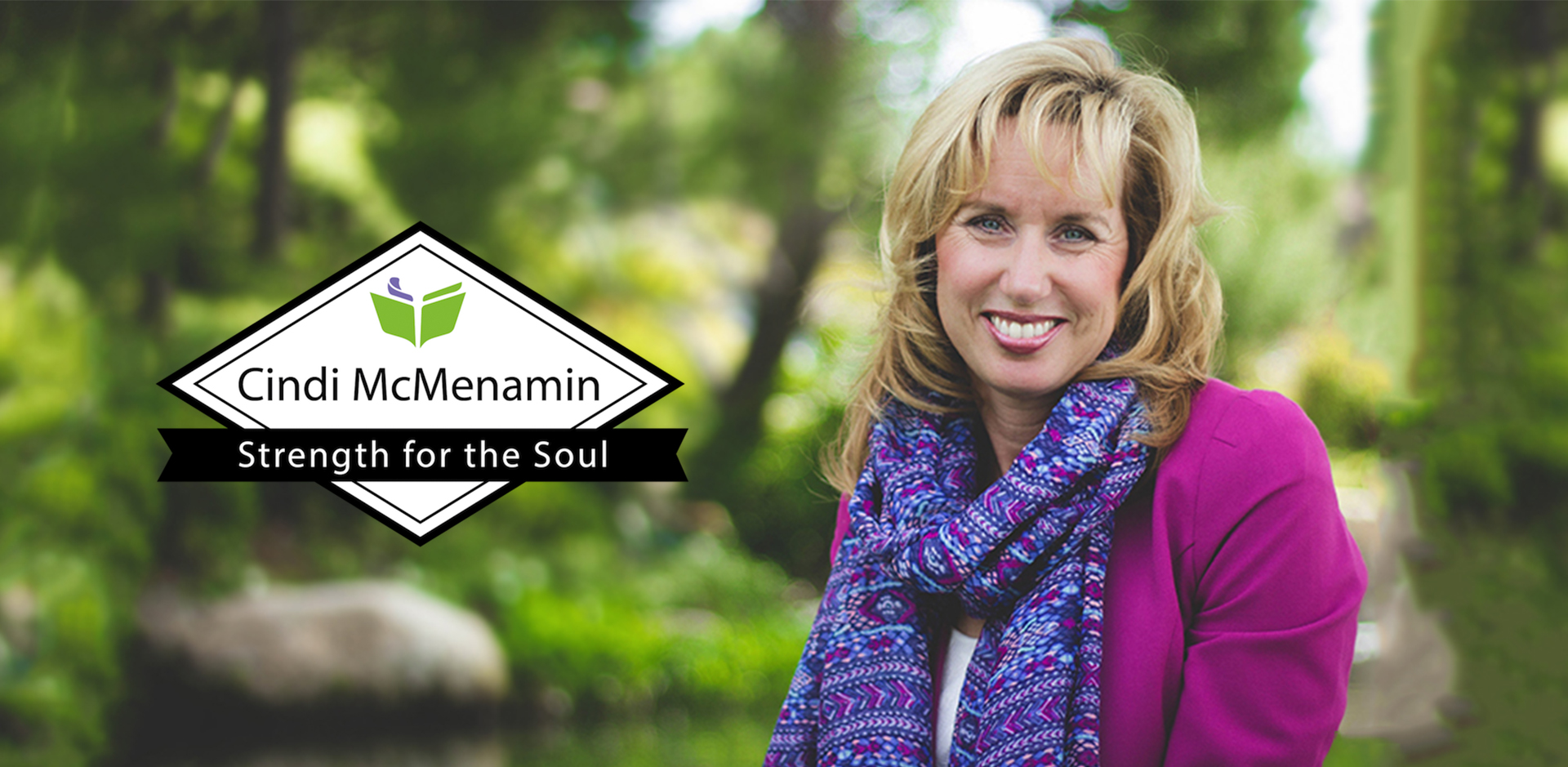Are you ever accused of embarrassing your children?
I’m not talking about embarrassing middle-school or high school-age children. All we have to do is show up, or simply breathe and exist, and that happens. I’m talking about when we cause our young adult children (“also called millennials”) to become annoyed—or worse yet, embarrassed—just by being ourselves.
Call it a generational thing, but chances are your parents embarrassed you too. Aging is tough. It’s especially difficult when our actions or reactions to our children’s opinions sound exactly like our own parents’ reactions to us back in the days when we thought we were so cool.
It’s time we learn to step back, take ourselves out of the equation, and look at life through the lens of our grown children so we can be more of an inspiration, rather than an irritation. I’m not saying all of these suggestions came from personal experience, but here is what I’ve learned (from my own daughter and her myriad of friends) about how to keep from embarrassing your millennial-age child:
- Don’t be so vocal about what irritates you.
Apparently, when you and I put words to our observations we are “judging” someone, according to our grown children. It may be the last thing on our minds to sound critical, or worse yet, judgmental, and yet that is not only their generation’s buzzword, but it’s their default perception. Say something unkind, you are judging. Let me take that a step further: Say anything not sounding like praise, and you are judging.
Instead of verbalizing it when you think someone is wearing something outrageous, immodest, or inappropriate, or even laughing at someone you think is funny (and didn’t laughter used to be a compliment, rather than a curse?), just keep it to yourself. Proverbs 21:23 says “Those who guard their mouths and their tongues keep themselves from calamity” and in this case, from embarrassing their adult children. In the words of Thumper from the Disney movie “Bambi” (and apparently a phrase every millennial is aware of): “If you can’t say something nice, don’t say anything at all.” (By the way, I cleaned up that sentence in order to be grammatically correct, not to judge the writers of the Bambi script.)
- Don’t insist on speaking into every situation.
Your political views, religious convictions, social commentary, and so on is going to be different, outdated, and possibly even more annoying than your children’s. It doesn’t mean you are wrong and they’re right or vice versa. It just means the two of you think and express yourselves differently. You see things differently. You interpret them through a different world view. You express them differently. So does your grown child. This gets especially sticky when it comes to defending your views. Often you are talking about the same or similar viewpoint but your choice of words may include some buzzwords that trigger in them a sense of intolerance, hatred or (dare I say it again?) judgment.
I used to think I had to interject my Christian values into every conversation, but I’ve learned to trust that if I raised my child according to biblical principles, I must rely on the Holy Spirit to convict her heart and reveal truth to her, just as I must trust the Holy Spirit to do the same in my life. Instead of reacting to statements that may sound erroneous and uneducated or downright “too liberal,” thank God for your children’s differences and abilities to think on their own and ask that God will shine His light through them. (God can use way more than you think He can and in ways you might have never guessed.)
- Don’t expect to be treated like a queen when you go to a restaurant.
It’s true that when you’re paying for a meal, a “tip” is to reward someone for excellent service. But our grown children believe that we have a sense of entitlement and are downright rude if we don’t reward others simply for waiting on us, regardless of whether our expectations were met. Although you and I rarely mean any disrespect, to our grown children our requests come across as complaints and our complaints translate to ingratitude. Many of our children have friends in the service industries and tend to be more sensitive and compassionate to their friends’ plight than we are. Because companies set policies and not the employees, our kids believe we should extend grace, not argue with or complain at the people who are simply doing their jobs. And we should always give a generous tip, even if just to say “thank you for working during a time when so few want to work.”
Next time you feel you got substandard service or didn’t get the discount you believe you should’ve, use the opportunity to give your server or cashier the benefit of the doubt and practice graciousness for the sake of your child who is watching (and quite possibly judging) your behavior.
- Don’t refer to a person by their race or nationality.
Do you remember being embarrassed, if not horrified, by the racial comments of your parents or their friends? We forgave it by chalking it up to their generational ignorance: “Dad, don’t you realize that is racist?” or “Mom, that is a racially-stereotypical assumption!” Now, apparently, we are just as racially insensitive as our parents were, but we express it in more subtle ways, or don’t notice it at all until we are called out on it.
In talking with a group of millennials about how their parents embarrass them, most said their parents often refer to people’s nationality or race unnecessarily. Millennials are better than anyone else in seeing one another as people, rather than people groups or nationalities. They describe or refer to each other by their talents, abilities, positions, titles, or color of clothing, not by what they look like or where they are from. Whereas we tend to ask “What nationality is he?” out of curiosity or add racial clarifications without thinking about it (“A really nice Asian woman helped me find it”), it wouldn’t occur to our children to include one’s race in their conversations or descriptions of people. Be aware of how many times you refer to race or nationality when you describe someone, make verbal observations, or ask questions. It may help you become more racially sensitive and begin to see the world as your children do.
For more practical help relating to your grown children, see my books, 10 Secrets to Becoming a Worry-Free Mom, and When a Mom Inspires Her Daughter, now deeply discounted in my website store while supplies last.





I loved this Cindi. It really hit home for me. Being aware that our adult children are living in an environment that is full of challenges we never had to deal with is so important. Thank you for these very useful tips.
You’re welcome, Mary. Thanks for taking the time to respond. 🙂
I appreciate advice for this mid 20/young adult stage. It can seem alienating and frustrating. Less time together so the frustrating encounters can build, creating divisions without us even realizing it.
These are good tips – wasn’t really aware of them.
I’m interested in what some examples would be of ‘buzzwords’ that you referred to in #2. (maybe you can’t post them here)
Marlene, I’ll go ahead and tell you one of their ‘buzzwords’ and it might shock you and several of my readers, as it shocked me. One of the biggest buzzwords today that trigger a lot of millenials (believers or not) is the word/label “Christian.” Although the term Christian means “Christ-follower” to most of the world (in and outside the U.S.), the word “Christian” is political, it represents intolerance, it says more of what we are against than what we are for. I was saddened to hear my daughter say “I no longer refer to myself as a Christian” but was pleased to hear her clarification: “I tell people, instead, that I’m a Jesus-follower.” She got that conviction after visiting a Muslim country during college and meeting other young people who were eager to know of who Jesus is, but not eager to talk with a self-proclaimed “Christian” — a label that in many countries is synonymous with American politics, intolerance, and legalistic religion. They went on that trip with the instruction that they were not to say “I’m a Christian” but to say “I follow Jesus.” And you know what? It worked. People were far more open to them. She and others like her brought back that experience, knowledge and prejudice against the so-called “American Christian” and was determined to not be named among them. Wow. Think about it, when we call ourselves “Jesus follower” we must make sure we’re actually following Him. But we can hide behind the label “Christian” — hoping it is evidenced by our voting record, church attendance, denominational preference, traditional values, religious activity, and so on. Yet our grown children want to see us live out Jesus’ love, wisdom, discretion, righteousness, and holiness, not just talk the talk and wear the label. 🙂 There are a lot of millenials today who feel older Christians are very critical and judgmental toward them for their tatoos, their clothing styles, their choice of friends, and so on. Yet they know Jesus would hang with them, and not compromise His purity or obedience to His Father, but love on them and earn their respect. I hope that makes sense. It made me think a lot about how I use that term, and how to better describe myself by my life, as well as my words.
I am also grateful for this conversation. I have been feeling that it is just me and that I am being judged by my children. It is a good reminder that we are different, not necessarily wrong. And we do not need to defend ourselves, but love as He does. Thank You.
You’re welcome, Bonnie. Strange how we hear our children saying some of the same things we said to our parents, only we felt we had a case and we feel they don’t. Ha! I’m glad the Lord knows our hearts and He helps us as we pray for grace and His refining in our lives and His wisdom to know when to speak and when to remain silent.